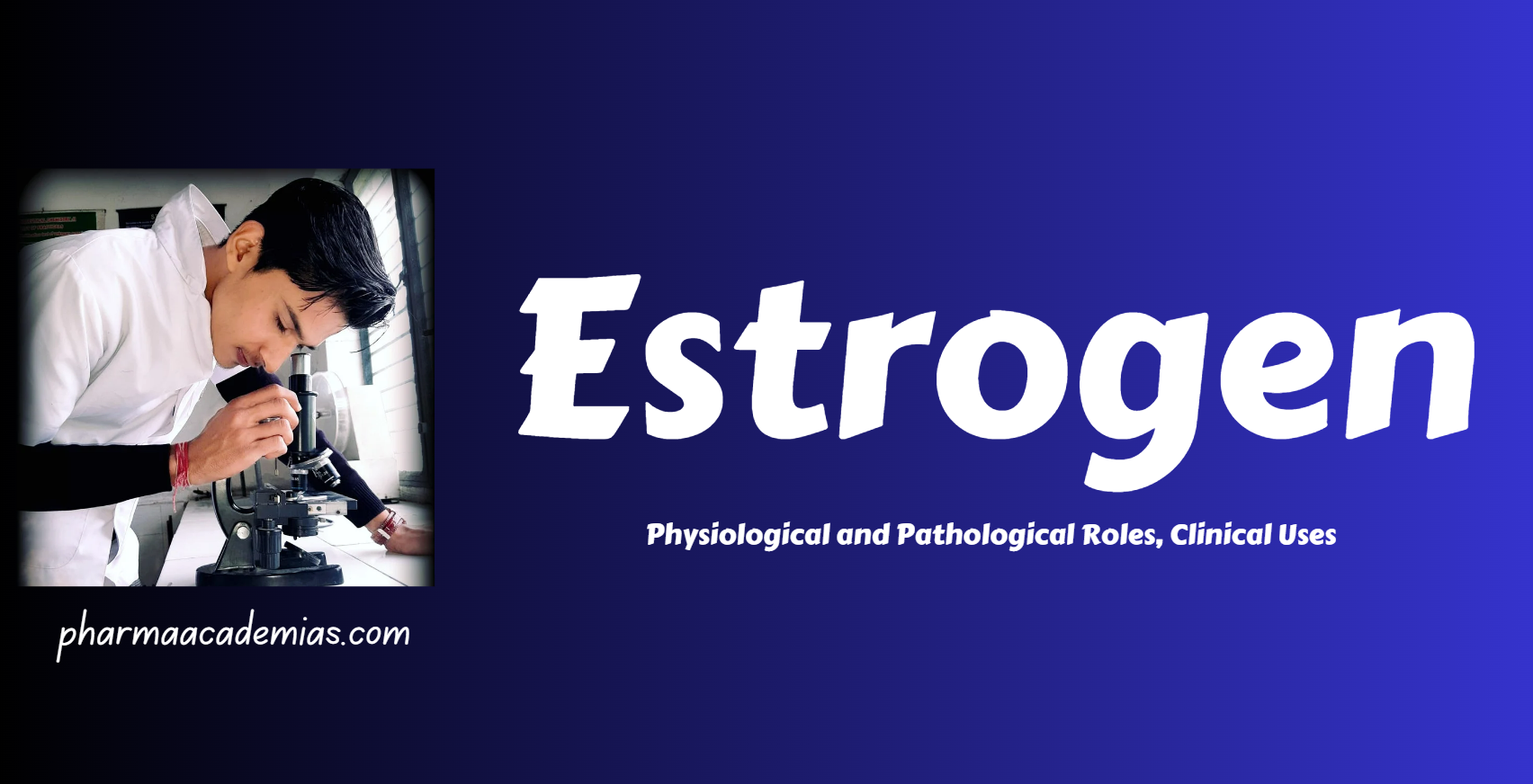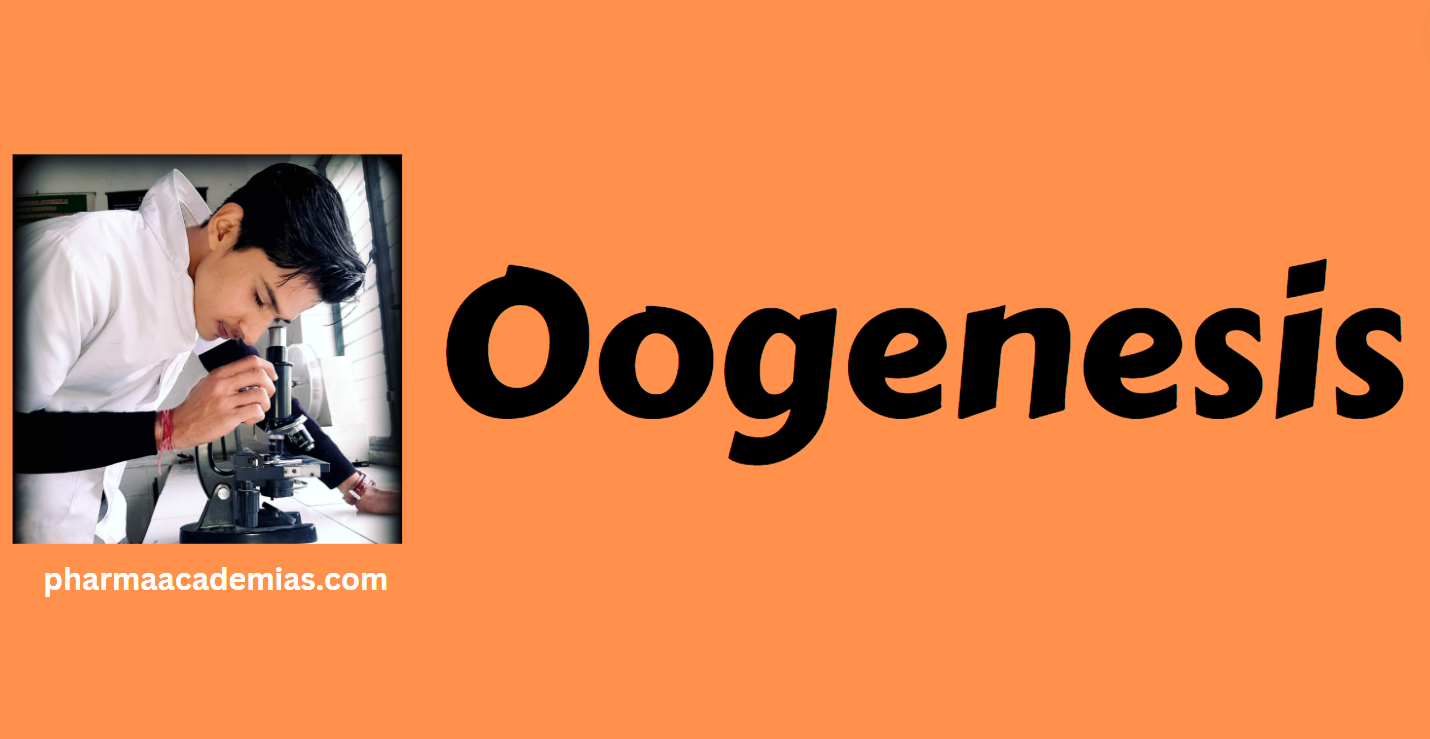Progesterone: Physiology, Pathology, and Clinical Uses
Progesterone is a steroid hormone produced primarily by the ovaries in females, particularly by the corpus luteum after ovulation. During pregnancy, the placenta becomes a significant source of progesterone. This hormone is crucial in the menstrual cycle, preparing the uterine lining for potential embryo implantation during the luteal phase. In pregnancy, progesterone helps maintain the … Read more



